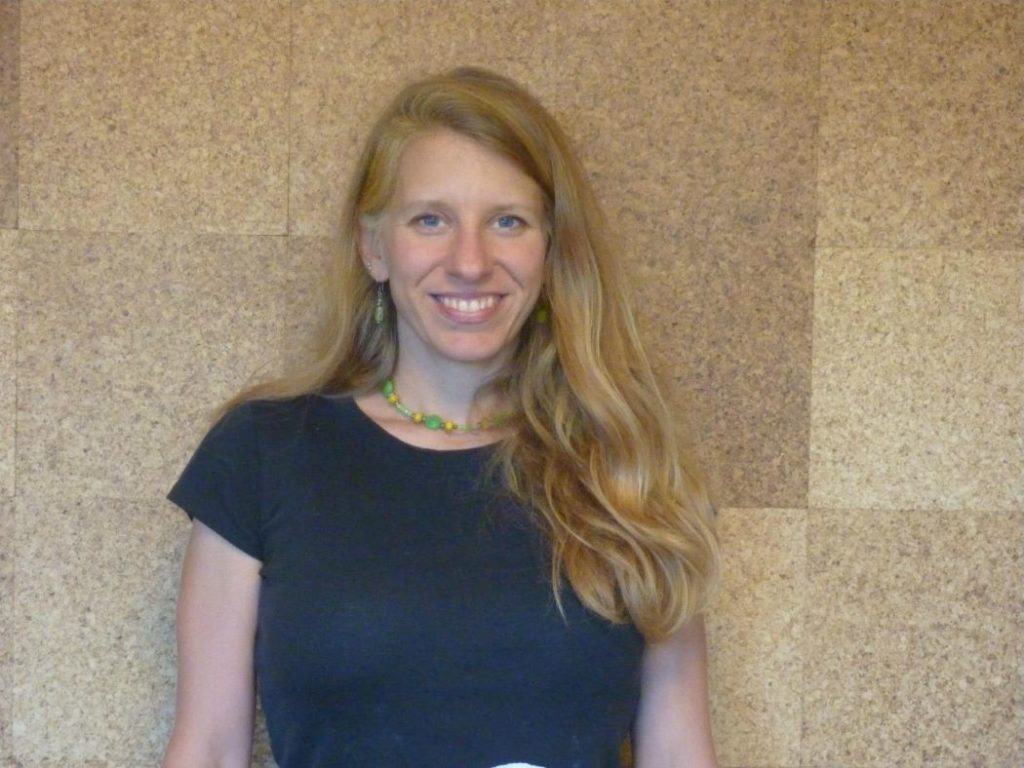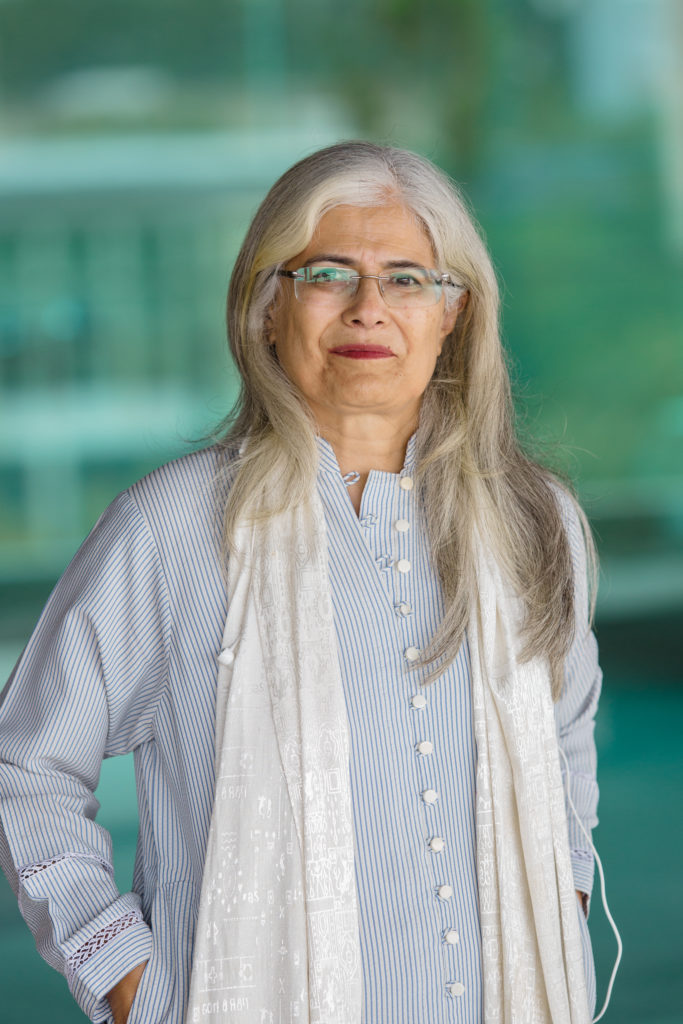April 22 marks the 50 years of Earth Day. The theme this year is climate action.
Climate action means stepped-up efforts to reduce greenhouse gas emissions and strengthen resilience and adaptive capacity to climate-induced impacts.
The Earth Day Network is planning to flood the digital landscape with global conversations, calls to action, performances, video teach-ins and more. To be a part of this global movement, tune into Earth Day Live on April 22 -24 as millions of people around the world go online for a three-day mobilization to stop the climate emergency. You can watch, discuss and participate in a live stream featuring stories, performances and opportunities for digital collective action.
Maheen The Globe is launching its global climate pages on Earth Day 2020. Our team got in touch with climate organizations and climate change correspondents in Seattle and around the globe to share their respective perspectives about Earth Day and Climate action. Here is what they had to say.
Seattle perspective
Earth Day Northwest 2020

Kristi: We’ve now just reached the crisis point. It may surprise many that the idea of climate change has been around since the first Earth Day. Unfortunately, it’s not an issue that we’ve addressed directly and we are now seeing the impacts of those decisions – increased floods, wildfires, etc. – all are tied to climate change. What is really critical now is that we try to stem the tide and mitigate where we can.
Real and lasting sustainability requires both a healthy environment and a thriving community. It is inclusive of all cultures, ethnicities, identities, beliefs and backgrounds working together.
The unabashed goal is a generational legacy of regional sustainability. We hope to instill courage to take action as part of a broad-based movement that supports meaningful on-the-ground projects rather than a narrowly defined set of activities. It’s that simple. We all have a stake, and we are all in this together.
Earth Day 2020 will be far more than a day. It must be a historic moment when citizens of the world rise up in a united call for the creativity, innovation, ambition, and bravery that we need to meet our climate crisis and seize the enormous opportunities of a zero-carbon future.
Washington State Department of Ecology

Melanie: Our scientific understanding of climate change and where the greenhouse gases are coming from is strong. The development of new technology to support green energy is coming along well. However, fossil fuels are difficult to move away from because we have used them for years and they’re so cheap. That could come down to our human nature; we are hardwired to respond more to immediate threats such as the pandemic happening right now. Since climate change is more of a long-term issue, we have a tendency to be in the mindset that we can deal with it in the future.
Pakistan’s perspective
International Union for Conservation of Nature (IUCN) Commission on Environmental, Economic and Social Policy

Afia: The environmental organizations and advocacy groups across the country are holding online events like panel discussions and awareness sessions as the realization hits home that though we are grappling with a pandemic on which experts are still trying to get a handle on, this will go away sooner or later, but climate change will not until we keep on trying to take measures to contain it.
Other than that, the adverse impact of human activity on the environment is all too clearly understood with the natural habitat healing and taking its space while the humans are confined. We have better air quality, the animals birds and insects are returning to what was once their home and rivers and streams are oceans becoming cleaner even in this short while that the human impact has been lessened. This clearly shows that the human nature relationship has to be more equitable and sustainable once we try to go back to any semblance of normality. A better environment and measures to handle climate change have to become the new normal.
Washington D.C. perspective
The Real News Network

